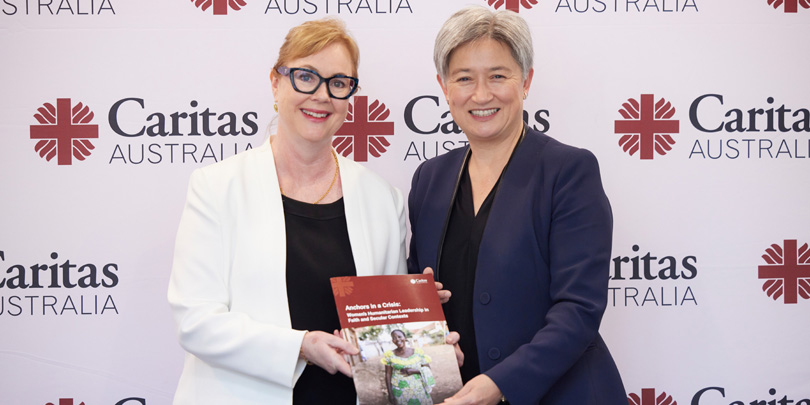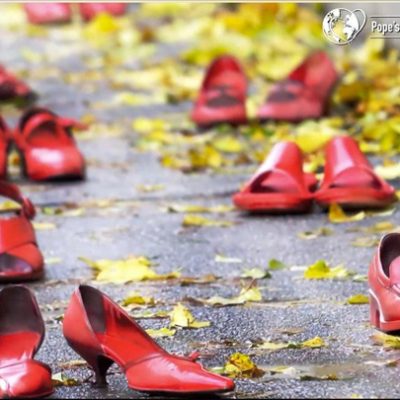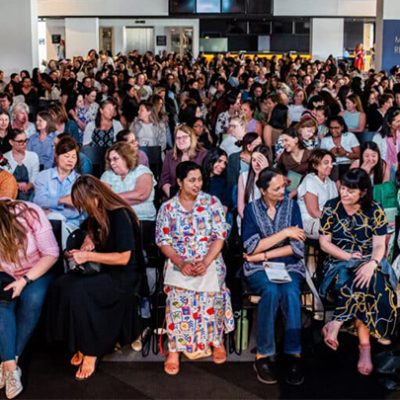
A new report from Caritas Australia has found that humanitarian workers across the world overwhelmingly believe gender diversity improves humanitarian responses.
Over 85 per cent of respondents agreed with statements that said gender diverse teams lead to more inclusive responses, have better decision making, and a greater likelihood to listen and act upon the views of communities.
However, the report – Anchors in a Crisis: Women’s Humanitarian Leadership in Faith and Secular Contexts – also revealed that the contributions of women are undervalued, with women also underrepresented in leadership positions.
The research covered Africa, Asia, Europe, the MENA region, North America, and Oceania, as well as secular and faith-based contexts. Faith-based settings were noted as especially important given 84 per cent of the world identifies with a faith, meaning church networks have deep community ties and are often first responders in emergencies.
“The strength of women is something I have witnessed first-hand throughout my years in the international aid and development sector,” Kirsten Sayers, Interim Chief Executive Office at Caritas Australia, said.
“However, I have also witnessed the disproportionate and gendered challenges that women face when participating in humanitarian decision-making. As a member of one of the world’s largest humanitarian networks, we wanted to understand why this gendered reality exists.”
The report gives recommendations applicable to the Australian Government and other Australian NGOs, both faith-based and secular, which include but are not limited to: Incentivising, through funding, the inclusion of local women-led organisations in crisis responses; Supporting women in the humanitarian sector to access leadership training, as well as building supportive networks for their development; Working with local faith actors to get their potentially transformative support for women’s leadership at a community level; and training on gender equality and safeguarding for all staff in both faith-based and secular NGOs, which can also serve to support men’s allyship.
FULL STORY
Gender diversity is vital to inclusive emergency responses, say global humanitarians (Caritas Australia)






